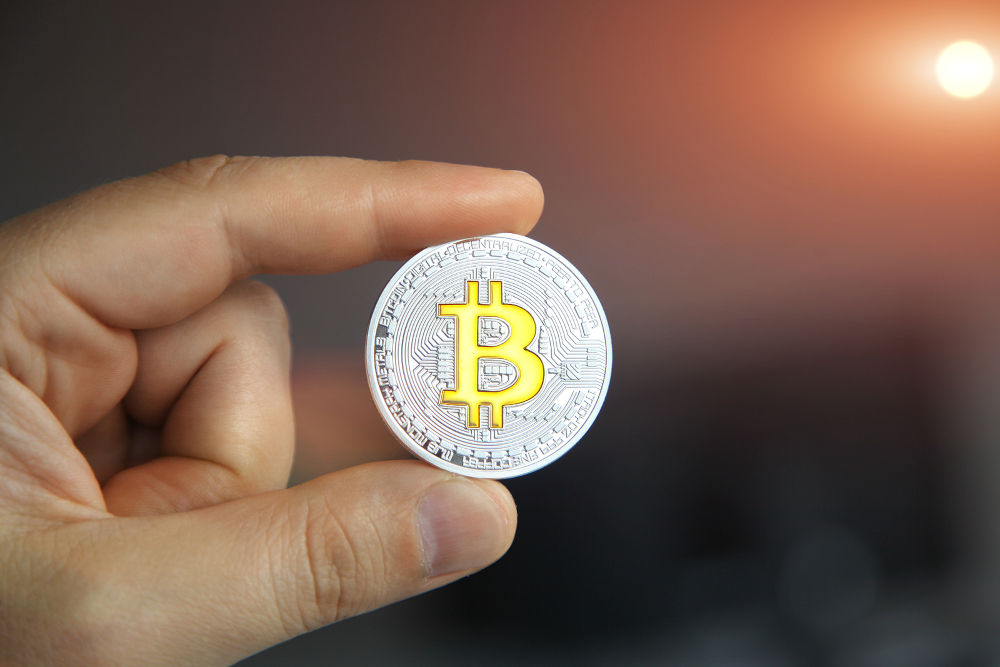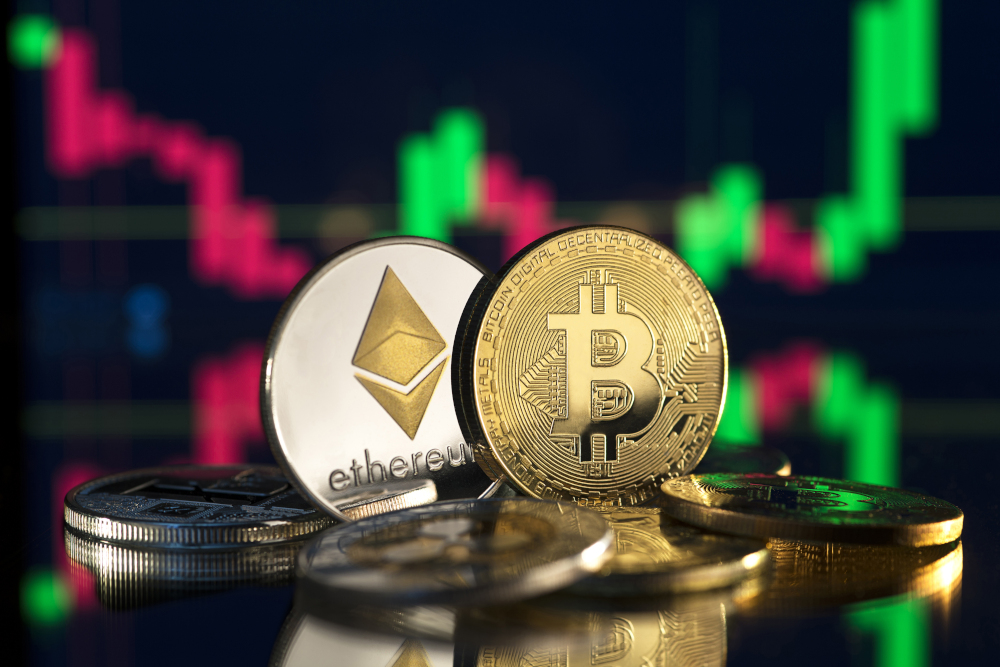In recent years, cryptocurrency has emerged as one of the most popular asset classes for new investors, sparking a new generation of Generation Z traders at a younger age than ever before. Crypto trading platforms have reported a surge in the number of new registrations from first-timers looking to make their first investment this year, and their interests aren’t limited to market leader Bitcoin alone. Online searches for more diverse exchanges including the price to swap USDT ERC20 to TRC20 or TON to USDT are also on the rise as they seek to get ahead of the curve on lesser known assets, with their fearless spirit seeing them capitalise on a range of different digital coins in a bid to build long-term wealth.
But whilst there’s no denying the appeal of Bitcoin and the like to this youthful and digitally savvy demographic, we’re now slowly but surely seeing a shift amongst so-called Baby Boomers, who after initial resistance to what they viewed as little more than a passing fad, are finally beginning to embrace crypto as an investment choice.
Defined as those born between 1946 and 1964, Baby Boomers have traditionally leaned towards safer, more stable investments like gold. But a global survey conducted by deVere Group, one of the world’s largest financial advisory and asset management organisations, recently revealed that 45 per cent of Baby Boomer investors now favour holding Bitcoin over traditional assets in their portfolios.
It’s representative of a dramatic shift in attitudes towards investing overall within this typically more traditional and conservative generation, and the growing mainstream acceptance of crypto as a legitimate asset class.

As cryptocurrencies gain traction across all demographics, fuelled by increasing institutional participation, government regulation, and the advent of Bitcoin exchange-traded funds (ETFs), the revelation is part of a broader trend in the sphere, and indicates that this generation is now reassessing the landscape of modern finance, recognising the role of Bitcoin as both a hedge against inflation and a high-growth investment opportunity.
One of the key contributors to this ever-evolving picture is the adoption of crypto – and particularly Bitcoin – amongst institutional investors, but its ongoing integration into the regulated financial system is also undoubtedly playing a role.
Nigel Green, CEO and Founder of deVere Group, says: “The fact that almost half of Baby Boomers now prefer Bitcoin over gold is a seismic shift in the investment world.
”Bitcoin has moved from the fringes to being an increasingly key part of the mainstream global financial system.
”This change is being driven by several factors, including the growing participation of major institutional investors, the introduction of regulated financial products like Bitcoin ETFs, and a more defined regulatory framework in key markets.”
It seems that trusted major financial institutions are paving the way for the change by integrating Bitcoin into their own investment portfolios and by making them accessible to their customer bases via familiar financial products – something that has gone a long way towards demystifying them and removing the fear factor.
“This institutional adoption has helped to solidify Bitcoin’s reputation as a credible and viable investment option, which in turn has made it more attractive to a demographic that values security and stability,” explains Green.

“The entry of more and more institutional investors into the Bitcoin market has also contributed to increased liquidity and reduced volatility, two factors that make Bitcoin more appealing to conservative investors. As Baby Boomers see established financial institutions embrace Bitcoin, their trust in the asset grows, prompting them to consider it as a viable alternative to gold.”
At the time of writing the cost of one Bitcoin currently stands at £44,764, which in the past, would have instantly ruled out many amateur investors who are just starting out with building their portfolios. But the introduction of ETFs, which allow for fractional investment into a range of different cryptocurrencies, have made it infinitely more accessible.
Offering a convenient and, importantly for some, regulated way for investors to dip their toes into the waters of the cryptocurrency market without having to navigate the intricacies of wallets, private keys, and exchanges, they have allowed many nervous Boomers to get a feel for the market and gain a better understanding of it from a safer place.
Green says: “For the boomer generation, who may be less technologically inclined than younger generations, the availability of Bitcoin ETFs has lowered the barrier to entry and made Bitcoin a more accessible investment option.”
As we’ve touched upon, ‘regulated’ is a key word in terms of the trend we’re seeing amongst Baby Boomer investors. Regulatory clarity has been reassuring for older and more traditional investors, who now understand that Bitcoin is more than just a speculative asset – and that it is now a bonafide element of the financial ecosystem. The Securities and Exchange Commission’s (SEC) approval of Bitcoin ETFs has been of particular significance, and has given the green light to any would-be crypto investors who may have previously been hesitant in the US, with increased confidence thanks to the fact that the nation now recognises Bitcoin and competing alt coins as regulated investment products.
Green says: “As governments continue to clarify their stance on digital assets, older investors are becoming more comfortable with the idea of including Bitcoin in their portfolios, viewing it as an asset that offers both diversification and potential growth.
“The fact that Bitcoin is now being treated as a legitimate asset by both governments and institutions is a game-changer.”

Of course, the cryptocurrency market has always been known for its volatility – and that hasn’t changed.
Green warns: “Investors need to remember that while Bitcoin presents significant opportunities, it also comes with risks.”
“For those in retirement or on the cusp of it, it’s essential to integrate Bitcoin into a broader, diversified portfolio. Cryptocurrencies should complement traditional investments rather than replace them, providing both protection against inflation and potential for growth.
“Almost half of Baby Boomers preferring Bitcoin to gold marks a turning point in the financial world, underscoring a broader shift towards digital assets even among traditionally conservative investors.
“As Bitcoin continues to gain traction, its influence is set to continue to reshape the future of finance, becoming an integral part of wealth management and investment strategies globally.”
Disclaimer: Investing money carries risk, do so at your own risk and we advise people to never invest more money than they can afford to lose and to seek professional advice before doing so.






















